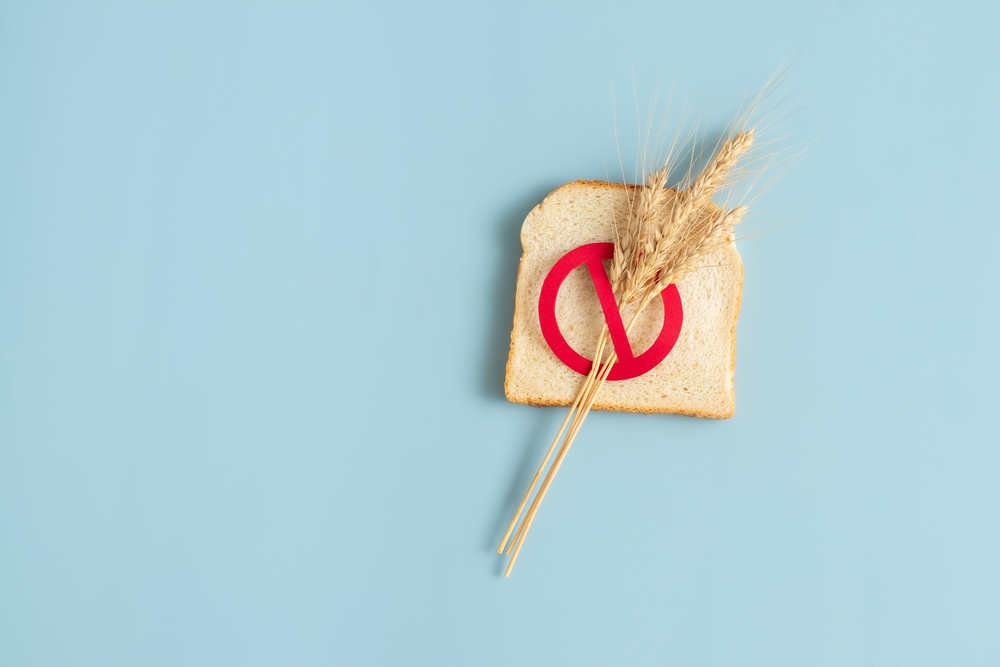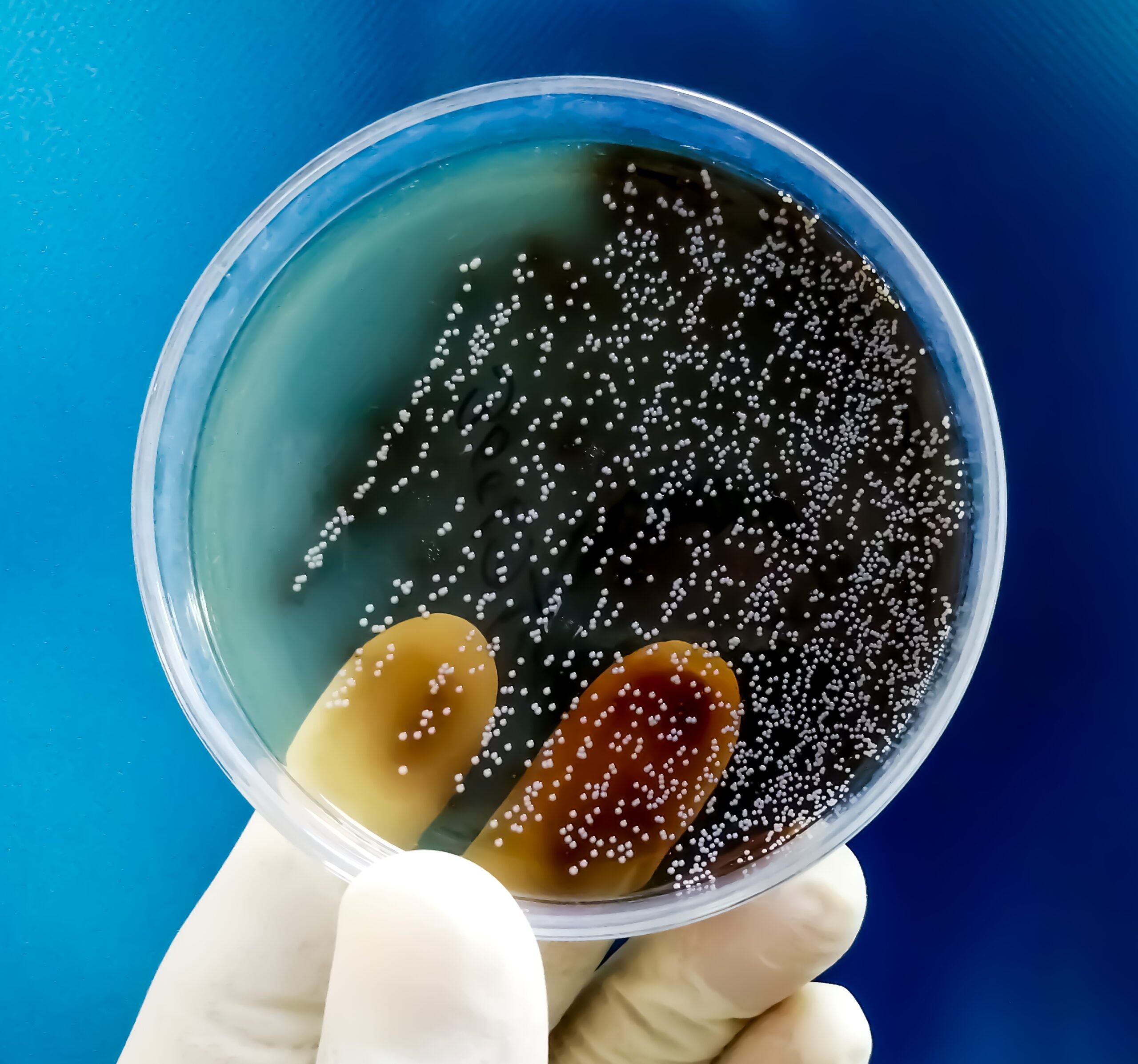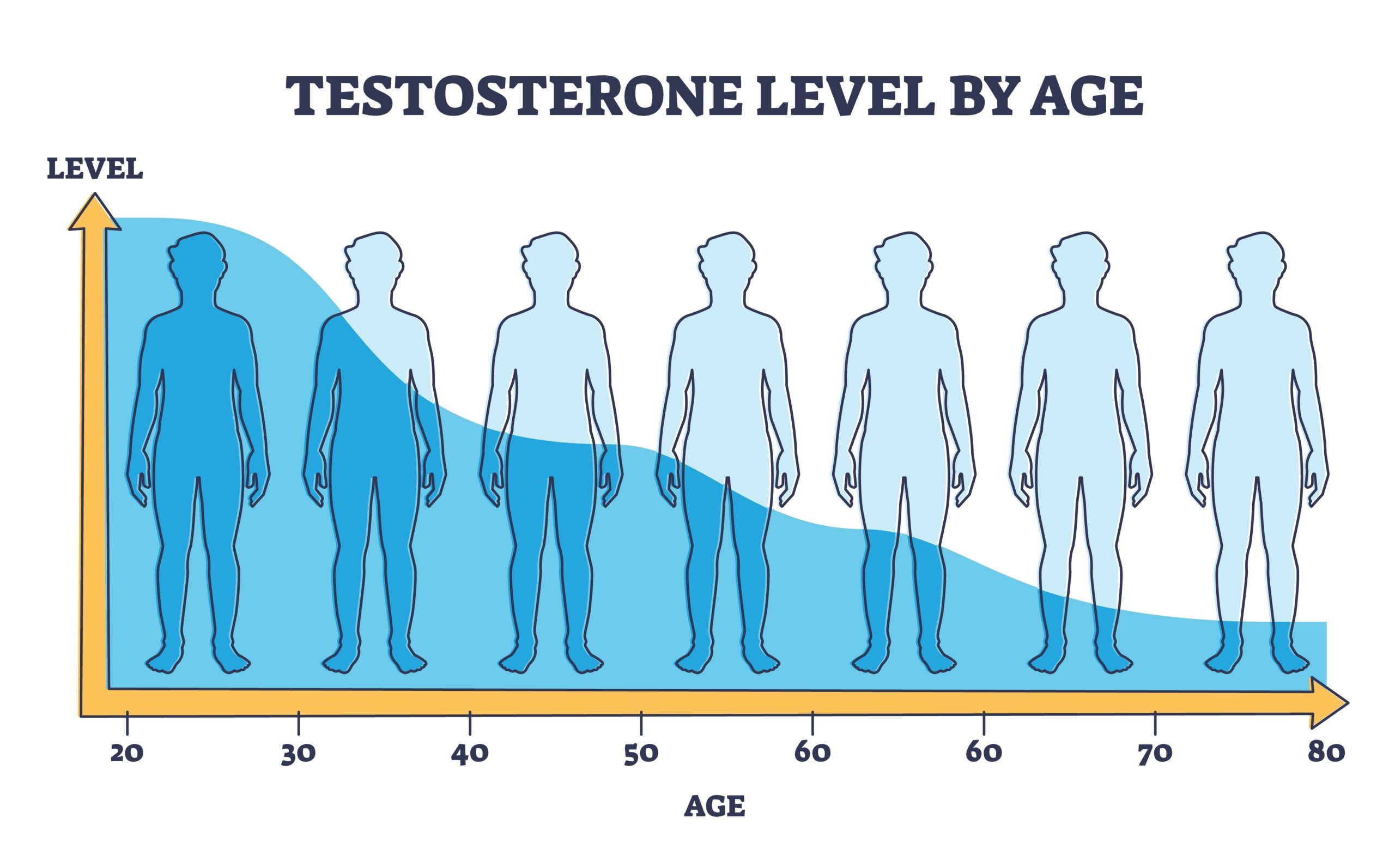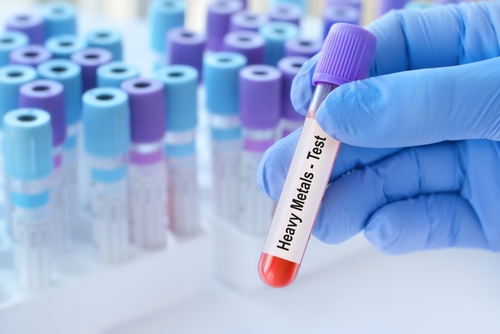As its International Womens day I wanted to urge all of the women out there with health concerns to stop for a moment and think about how they can take better care of themselves.
One of the ways you can do this is to eat well.
A Womans hormone cycle needs certain nutrients to function well. Magnesium found in dark green leafy vegetables and wholegrains such as brown rice and wholegrain / wholemeal bread along with vitamin B6 found in wholegrains and natural yeast are known to balance the menstrual cycle whilst the herb agnus castus is best at regulating the menstrual cycle by acting on the pituitary gland which is responsible for releasing the hormones that regulate ovarian function.
If you are menopausal try a Soya yoghurt every day as the phtoestrogens it contains help to balance your hormones, add some ground linseeds as the lignans in these also help hormone balance.
The best vegetables women should opt for are the cruciferous vegetables; cauliflower, broccoli, cabbage and Brussel Sprouts, these help hormone balance and also support the liver in removing excess hormones from the body.
Of course making time for yourself away from the mayhem is the number 1 no brainer – you deserve it, go on give yourself a break.




